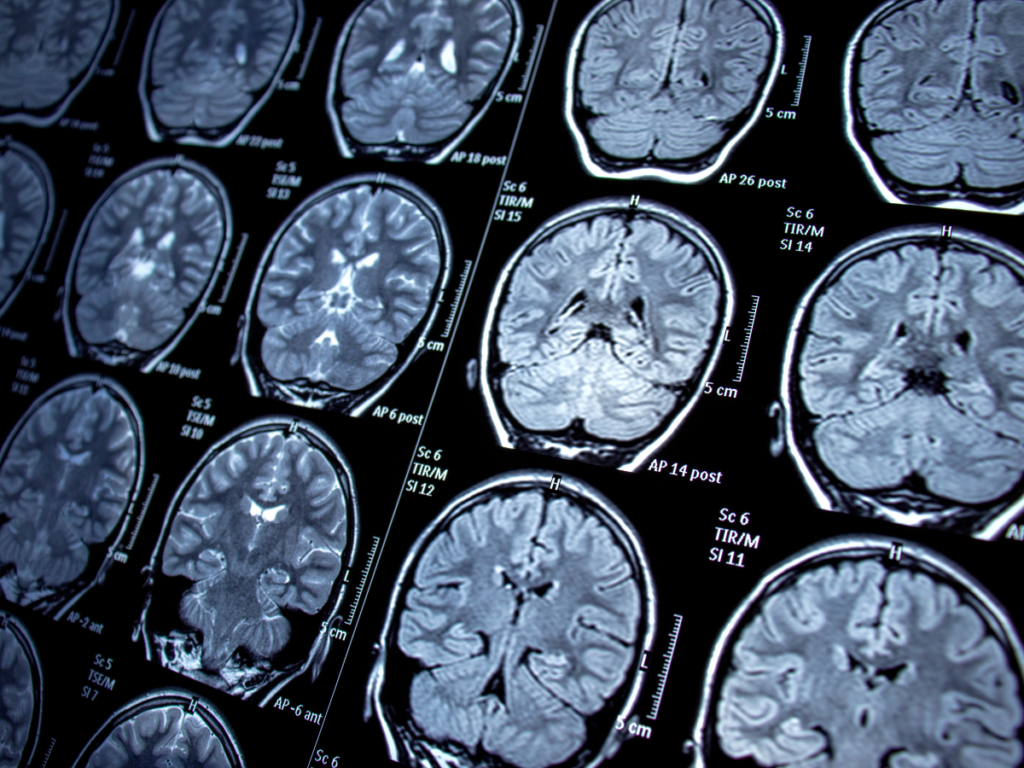
TBI has a dramatic impact on the lives of injury victims and the people who care for them, which is a much larger issue than many people realize. In fact, more than 5.3 million Americans are currently living with brain injury disabilities.
After the initial shock and trauma caused by a brain injury and the early medical treatment that the victim receives comes the realization that TBI patients are likely to require a lifetime of medical, psychological, and assisted living care. It is important to develop a long-term treatment plan to address the patient’s needs. Unfortunately, the long-term treatment costs for TBI patients and their families may be astronomical.
The Long-Term Needs of TBI Patients
Traumatic brain injury (TBI) occurs when a sudden injury damages the patient’s brain. This may happen due to a blow to the head or upper body that causes the brain to crash into the skull, or the patient may suffer a penetrating injury that results when an object breaks through the skull and damages brain tissue.
Common causes of TBI include slip-and-fall accidents, sports injuries, car accidents, motorcycle accidents, bicycle accidents, construction falls, assault, explosions, and pedestrians who are stuck by motor vehicles.
TBI causes irreversible harm. Damaged neurons cannot regenerate, however, with specialized treatment, neuroplasticity allows the brain to “rewire” itself. By rerouting impaired functions to other parts of the brain, the patient can recover functions that were compromised by the injury. This is a painstaking process, and in many cases, the patient will have to relearn a number of basic life skills, such as:
- Understanding language
- Self-care
- Personal hygiene
- Swallowing
- Social awareness
- Occupational skills
- Cognitive functions
- Motor control
Long-Term Treatment for TBI Patients
The early stages of TBI treatment may include emergency room care, surgery, intensive care, and post-surgery hospitalization. Once the patient has stabilized, they may be transferred to a facility that provides in-patient treatment. This is extremely costly. According to the Brain Injury Association of America, one study found that the average in-patient treatment cost was $1600 per day.
After a period of in-patient treatment, the TBI patient is likely to require additional forms of rehabilitative care. Extensive rehabilitation is crucial for increasing mobility and maximizing the patient’s physical recovery. This type of treatment is typically needed for at least six months but potentially much longer, depending on the injury.
Outpatient treatment options and accommodations for patients suffering from the long-term effects of TBI include:
- Home-based rehabilitation
- Comprehensive day programs
- Independent living centers
- Physical and occupational therapy
- Speech and language therapy
- In-home nursing care
- Wheelchair ramps
- Bath safety aids
- Walk-in showers
The Long-Term Psychological Impact of TBI
Dealing with the psychological impact of TBI is often the most difficult adjustment the patient and their loved ones must make. Patients frequently experience depression and anxiety that stem from frustration caused by living with physical and cognitive disabilities. Psychological symptoms resulting from TBI may include mood swings, personality changes, irritability, and aggressive behavior.
People suffering from TBI may have problems maintaining relationships and recognizing subtle nuances required for healthy interpersonal communication. TBI patients who are unable to resume their professional careers often suffer a tremendous loss of self-esteem, and they may have trouble finding rewarding activities to fill their days.
Every TBI patient requires a treatment plan that includes mental health care. It is also helpful for family members to seek professional intervention to help them develop skills and strategies to assist their loved one who is suffering from TBI and to accept the new situation.
Mental health treatment options for TBI patients include:
- Therapy
- Medication
- Support groups
- Peer mentoring
- Emotional counseling
Do You Have a Loved One Who Is Suffering from TBI in Santa Barbara?
The experienced Santa Barbara TBI lawyers at NordstrandBlack PC will file a claim or lawsuit to recover compensation from anyone whose negligent actions contributed to your loved one’s injuries.
Our Santa Barbara attorneys have a perfect 10.0 Avvo rating and an AV Preeminent Rating from Martindale-Hubbell, which are two of the leading independent rating agencies for law firms.
Call (805) 962-2022 to schedule a FREE consultation today. You won’t owe us anything unless we win your case.